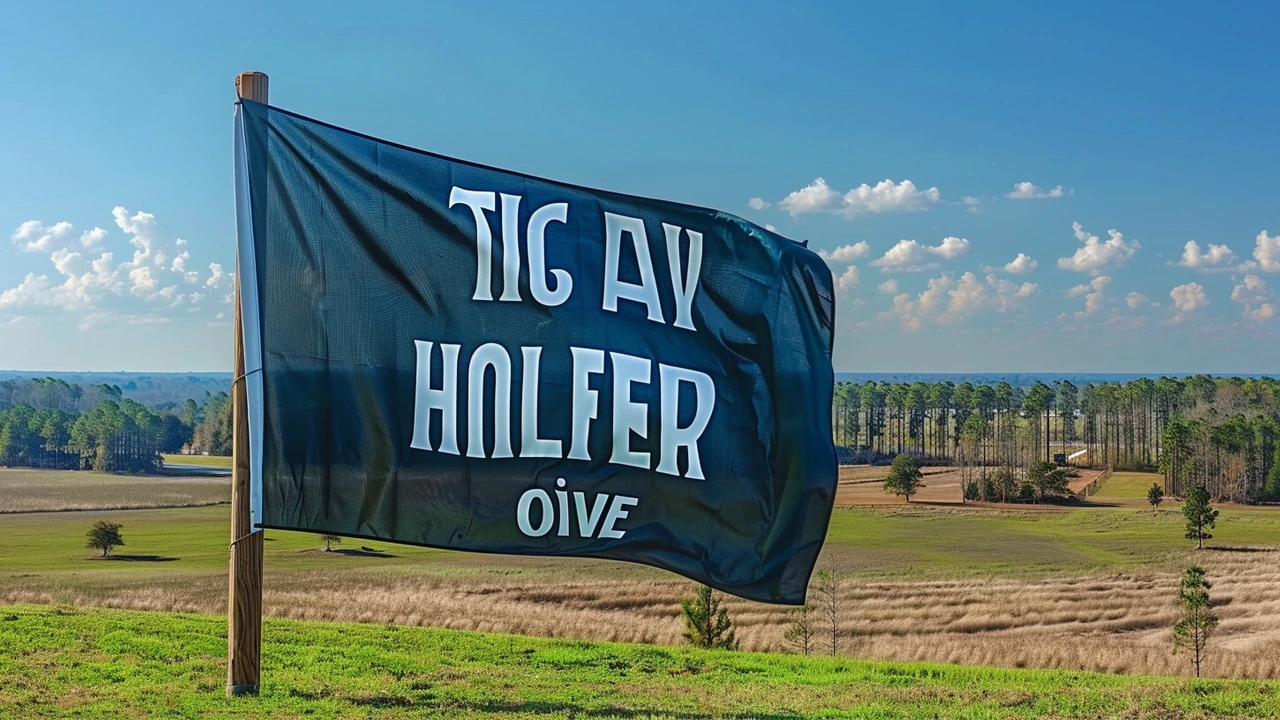Valentina Tereshkova — the First Woman in Space
Valentina Tereshkova made history when she flew into orbit on Vostok 6 in June 1963. She was the first woman ever sent into space, chosen from thousands of applicants for her skills as an amateur parachutist and factory worker. Her flight proved a bold point: women could handle the physical and mental demands of space travel just like men.
Tereshkova launched on June 16, 1963. The mission lasted nearly three days and she orbited Earth multiple times before returning safely. Like other early Vostok cosmonauts, she ejected from the capsule and parachuted down separately, landing on solid ground. Her success was a major propaganda and scientific win for the Soviet space program, and it opened doors for women in aerospace worldwide.
Why her flight still matters
Her mission changed expectations. Before 1963, many people assumed long-duration space missions were too risky for women. Tereshkova proved that those assumptions were wrong. Today she’s a symbol for girls and women interested in science, engineering, and space. Schools, museums, and space programs still point to her flight as an early milestone in making space more inclusive.
She received high honors after the mission, including the title Hero of the Soviet Union. Tereshkova later stayed involved in public life, taking on roles connected to the space program and serving in political positions. Whether you follow her for historical reasons or as inspiration, her story shows how one mission can shift public thinking and policy.
Where to learn more and why to care
If you want reliable sources, check official archives and museums. Roscosmos and the Russian Museum of Cosmonautics in Moscow have original photos and mission details. The Smithsonian National Air and Space Museum and NASA history pages offer context about the space race and international milestones. Look for documentaries and archived news footage from 1963 to see how her flight was covered at the time.
Want a quick way to teach someone about her? Show the Vostok 6 launch footage, point out the parachute landing, and explain how selection came from factory and parachute clubs rather than military test pilots. That contrast helps people understand how exceptional her path was.
Her legacy isn’t just historical trivia. It’s practical: more women in STEM, more inclusive crew selection, and clearer proof that talent can come from unexpected places. If you care about space history or gender equality in science, Tereshkova’s story is a concrete example of both.
Curious for deeper reading? Search museum exhibits, Roscosmos biographies, and reputable space history sites. Those sources will give you mission logs, interviews, and verified timelines without the myths. Tereshkova’s flight is short to describe but huge in impact — and it’s worth seeing with your own eyes through original footage and trusted archives.
